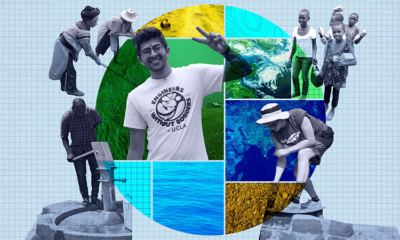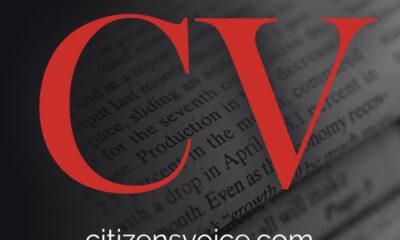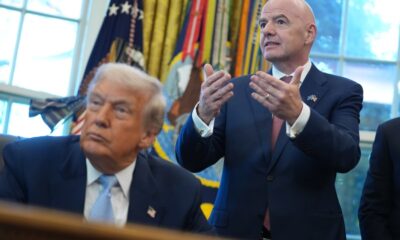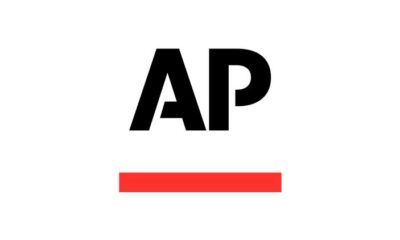Health
Native American Tribes Mobilize Against Measles Outbreak Threat
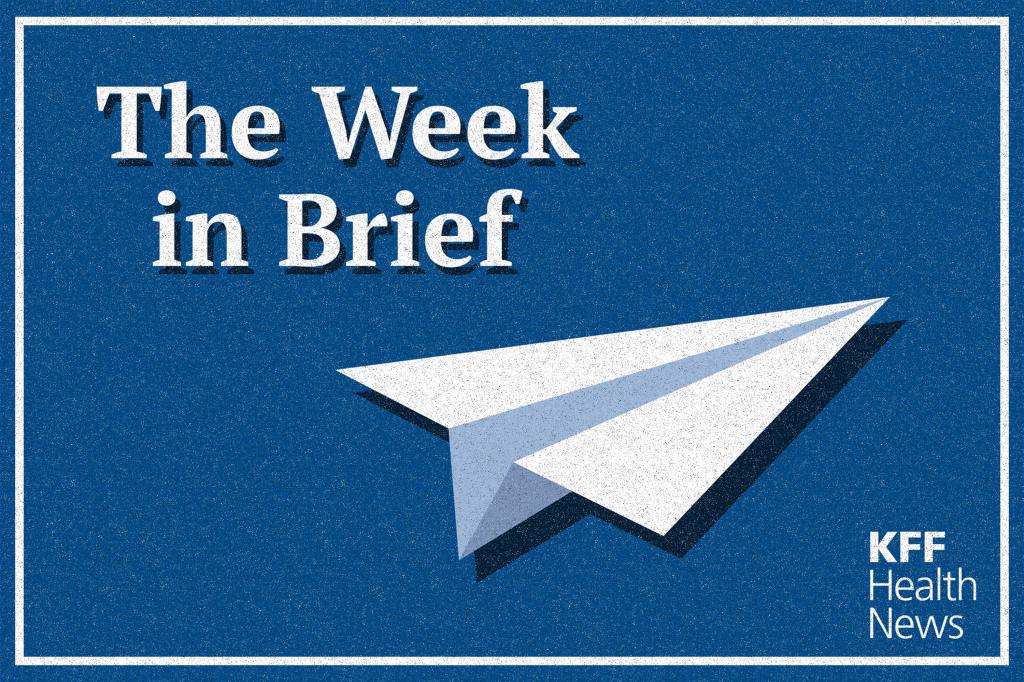
Public health officials from various Native American tribes and health organizations are taking proactive measures to combat a measles outbreak, which has become the most severe in the United States since 1992. With vaccination rates alarmingly low among some Native American communities, these groups are hosting mobile vaccination clinics, launching social media campaigns, and engaging directly with families to increase immunization rates.
The outbreak has prompted significant concern, particularly after the South Dakota health department reported the first case in early June. This case involved an adult from the Rapid City area. The urgency of the situation is underscored by the fact that Native Americans have historically faced barriers to healthcare access, including transportation challenges and a lack of trust in the Indian Health Service, which suffers from chronic underfunding and staffing shortages.
In response to these issues, the Great Plains Tribal Leaders’ Health Board, led by Chief Public Health Officer Meghan O’Connell, has organized mobile clinics to facilitate vaccinations in underserved areas. “Data on Native Americans’ vaccination rates is imperfect but suggests that a smaller percentage have received measles shots compared to the overall U.S. population,” O’Connell stated. She noted that many individuals living on rural reservations may be over an hour away from the nearest clinic, complicating access to care.
Parents are increasingly taking advantage of these initiatives. Cassandra Palmier, a member of the Oglala Sioux Tribe, recently brought her five-year-old son, Makaito Cuny, to a mobile clinic in a predominantly Native American neighborhood in Rapid City. Palmier expressed her gratitude for the effort, stating, “I was definitely concerned about the epidemic and the measles. I wanted to do my part.” She had intended to ensure her son received his second and final measles vaccine dose but faced transportation issues.
During a recent visit to the mobile clinic, Makaito confidently entered the bus and sat in an exam chair, declaring, “I’m not going to be scared.” His bravery was rewarded with a successful vaccination, and he celebrated by smiling at his mother, proclaiming, “I did it!”
The current outbreak reflects broader trends in vaccine skepticism, which have also been rising in Native American communities. As O’Connell pointed out, mistrust in the healthcare system can contribute to delays in seeking care, as some individuals may be hesitant to approach federally funded health facilities.
Efforts to counteract these attitudes include outreach to parents of unvaccinated children and online training sessions aimed at healthcare providers. By addressing the specific concerns and challenges within Native American communities, public health officials hope to increase vaccination rates and ultimately protect these populations from the ongoing measles threat.
According to KFF Health News, which focuses on in-depth health journalism, the current measures being implemented are critical to curbing the spread of measles and ensuring the health and safety of Native American communities. As the situation continues to develop, the commitment from health organizations and tribal leaders remains strong in the fight against this preventable disease.
-

 Technology5 months ago
Technology5 months agoDiscover the Top 10 Calorie Counting Apps of 2025
-

 Health3 months ago
Health3 months agoBella Hadid Shares Health Update After Treatment for Lyme Disease
-

 Health3 months ago
Health3 months agoErin Bates Shares Recovery Update Following Sepsis Complications
-

 Technology4 months ago
Technology4 months agoDiscover How to Reverse Image Search Using ChatGPT Effortlessly
-

 Technology1 month ago
Technology1 month agoDiscover 2025’s Top GPUs for Exceptional 4K Gaming Performance
-

 Technology3 months ago
Technology3 months agoElectric Moto Influencer Surronster Arrested in Tijuana
-

 Technology5 months ago
Technology5 months agoMeta Initiates $60B AI Data Center Expansion, Starting in Ohio
-

 Technology5 months ago
Technology5 months agoRecovering a Suspended TikTok Account: A Step-by-Step Guide
-

 Health4 months ago
Health4 months agoTested: Rab Firewall Mountain Jacket Survives Harsh Conditions
-

 Lifestyle5 months ago
Lifestyle5 months agoBelton Family Reunites After Daughter Survives Hill Country Floods
-

 Health3 months ago
Health3 months agoAnalysts Project Stronger Growth for Apple’s iPhone 17 Lineup
-

 Technology4 months ago
Technology4 months agoHarmonic Launches AI Chatbot App to Transform Mathematical Reasoning

